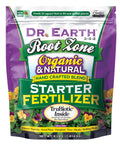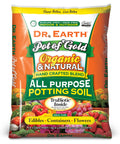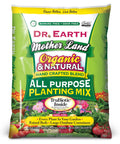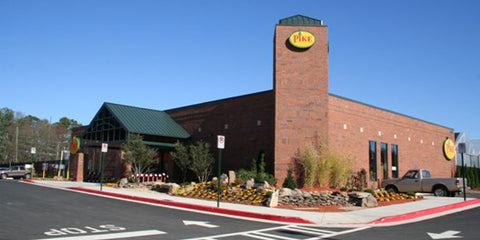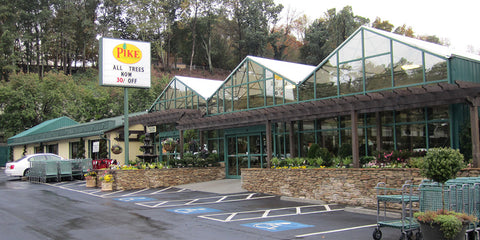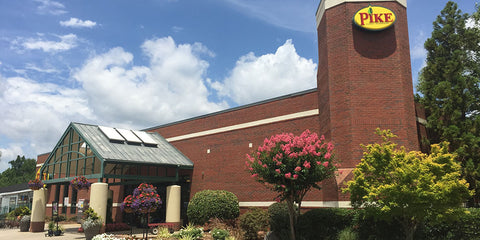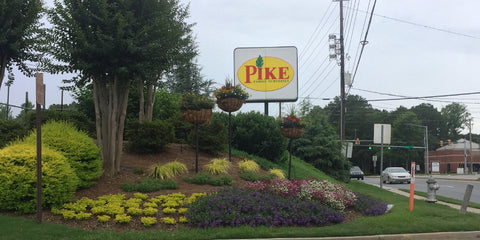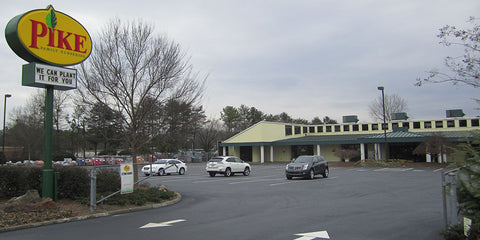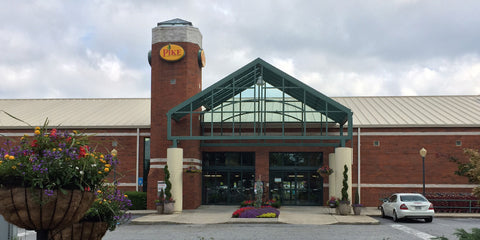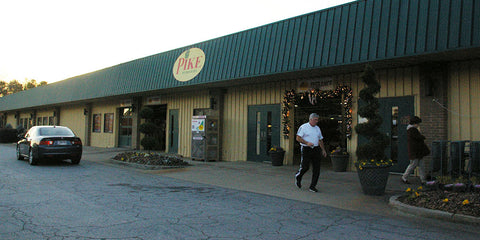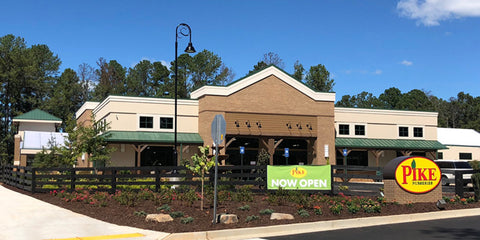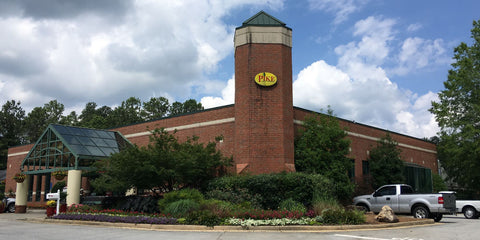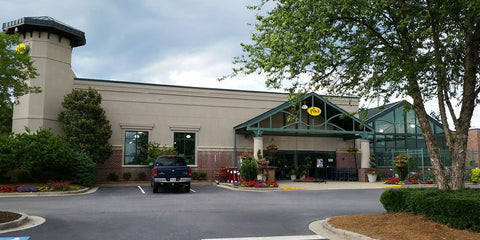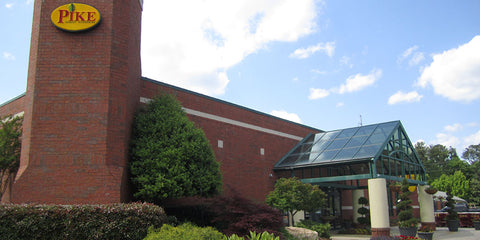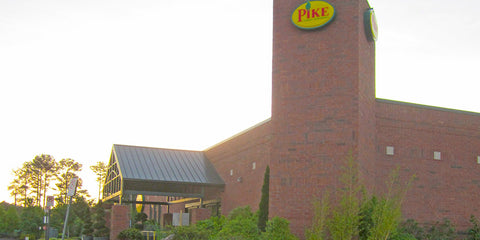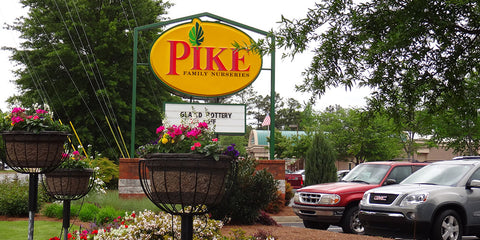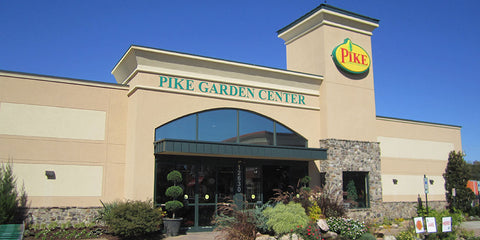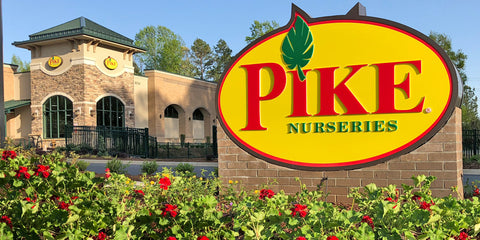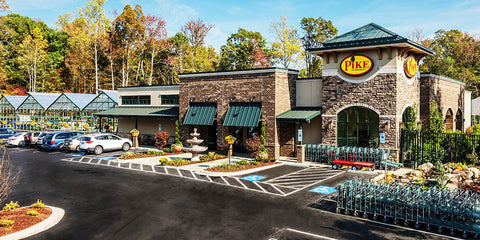Details
Lemon Lime Nandina is a dense multi-stemmed evergreen shrub with a mounded form. Its relatively fine texture sets it apart from other landscape plants with less refined foliage.
This shrub will require occasional maintenance and upkeep, and is best pruned in late winter once the threat of extreme cold has passed. It has no significant negative characteristics.
Lemon Lime Nandina is recommended for the following landscape applications:
- Accent
- Mass Planting
- Border Edging
- General Garden Use
- Groundcover
- Container Planting
Features
Lemon Lime Nandina has attractive lime green-variegated dark green foliage which emerges lemon yellow in spring. The glossy narrow compound leaves are highly ornamental and turn an outstanding scarlet in the fall. Neither the flowers nor the fruit are ornamentally significant.
Care
Planting & Growing
Lemon Lime Nandina will grow to be about 4 feet tall at maturity, with a spread of 4 feet. It tends to fill out right to the ground and therefore doesn't necessarily require facer plants in front. It grows at a medium rate, and under ideal conditions can be expected to live for approximately 30 years.
This shrub does best in full sun to partial shade. It does best in average to evenly moist conditions, but will not tolerate standing water. It is not particular as to soil type or pH. It is highly tolerant of urban pollution and will even thrive in inner city environments. This is a selected variety of a species not originally from North America.
Lemon Lime Nandina makes a fine choice for the outdoor landscape, but it is also well-suited for use in outdoor pots and containers. Because of its height, it is often used as a 'thriller' in the 'spiller-thriller-filler' container combination; plant it near the center of the pot, surrounded by smaller plants and those that spill over the edges. It is even sizeable enough that it can be grown alone in a suitable container. Note that when grown in a container, it may not perform exactly as indicated on the tag - this is to be expected. Also note that when growing plants in outdoor containers and baskets, they may require more frequent waterings than they would in the yard or garden.

